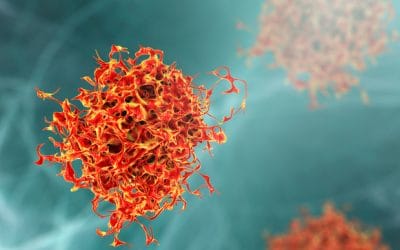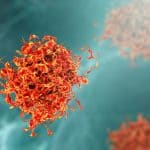A new study led by University College London (UCL) and the UK Kidney Association has suggested that treatments for rare diseases could significantly reduce the burden of kidney disease for patients and the NHS.
Published in The Lancet in alignment with World Kidney Day (14 March 2024), the study draws on the largest kidney disease dataset ever created, the UK’s National Registry of Rare Kidney Disease (RaDaR).
Affecting over seven million adults, according to Kidney Research UK, chronic kidney disease (CKD) is characterised by the gradual loss of kidney function over a period of months to years.
Rare kidney diseases such as cystinosis and Fabry disease are a group of conditions that affect less than one in 2,000 people, accounting for over 5% of people with CKD.
Researchers charted the progression and outcomes of 28 rare kidney diseases and compared data from 27,285 patients from RaDaR, run by the UK Kidney Association.
After comparing RaDaR patient data with data from over 2.8 million CKD patients in the general population, after five years, researchers found that rare kidney disease patients were 28 times more likely to experience kidney failure in contrast to CKD patients, while their overall risk of death was less than 50%.
The overall demand for expensive and hazardous dialysis and kidney transplantation treatments could be replaced when treating rare diseases and could reframe perceptions of CKD, rare diseases and kidney failure.
Additionally, new treatments could bring significant cost and resource savings to the NHS. Every year, kidney failures account for around 3% of the national health service’s budget, with dialysis costing over £30,000 per person.
Professor Danny Gale, senior author, UCL division of medicines and director of RaDaR, commented: “Our results show that…therapies… are likely to have a disproportionately beneficial impact on the overall demand for life-sustaining dialysis and kidney transplantation” and could “substantially reduce the burden, both for patients and the NHS, of kidney failure”.










